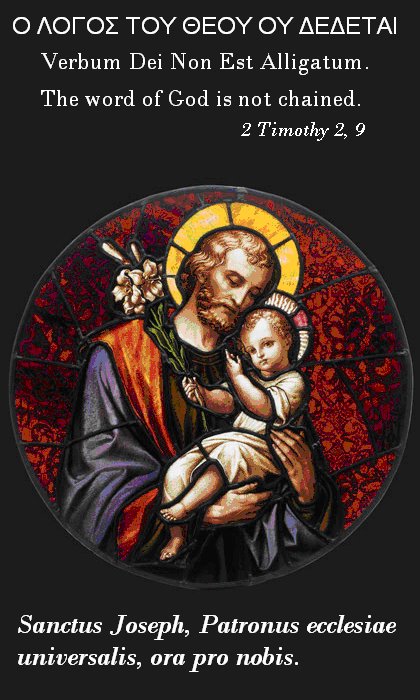First, a bit of history. Nabopolassar, the father of Nebuchadnezzar, laid the foundations for the Babylonian dynasty and empire in 626 B.C., and his son greatly extended it through conquest. Nineveh was taken and destroyed in 612 B.C. The kingdom of Judah was next, and Jerusalem was captured in 597. Nebuchadnezzar put Zedekiah on the throne as his proxy, at the same time exiling Ezekiel and thousands of others. In 586, the holy city was destroyed and almost all the remaining citizens were deported to captivity in Babylon. When Cyrus, king of Persia, conquered Babylon in 539, he permitted the Jews to return to their homeland to rebuild Jerusalem and, even more importantly, the temple.
The name Bablyon is the Greek version of the Akkadian Bab-Ilu, which translates as "gate of god". My fascination with languages prompts me to point out the similarities between 'Ilu', 'Allah', and 'Elohim', the words for God/god in Akkadian, Arabic, and Hebrew. The Hebrew word is plural in form (the -im ending), but is regularly used for God in the Hebrew Bible. For example, a recurring phrase is: 'ko amar Adonai Elohim Yisrael', 'Thus says the Lord, the God of Israel'. It might be a propos at this point to mention that in the Genesis account, Babylon is the place where the diversity of languages came to be. As we read in Genesis 11: "And the Lord said, "Behold, they are one people, and they have all one language; and this is only the beginning of what they will do; and nothing that they propose to do will now be impossible for them. Come, let us go down and there confuse their language, that they may not understand one another's speech.... and they left off building the city. Therefore its name was called Babel..."
So Babylon, symbolically, is the place where there is no communication, or at least, a place where communication is confused. A place where misunderstandings abound. And where there is no real communication, there is no real community. But human beings were made for community. Hence we are out of place in the world, restless in Babylon, and we long for a homeland where all misunderstandings, all lies will cease, where communication will be perfect, where human community will be perfected through our common community with God. We are all exiles here, on pilgrimage towards that perfect community that awaits us in the New Jerusalem. Hence we are not to get too comfortable here. Babylon is no place to settle down: 'Here we have no abiding city'. This is one of the principle points Father Neuhaus makes in his book, American Bablyon. But side by side with this we are enjoined to work for the well-being of this place of our exile, just as Jeremiah counselled the Jews in their Babylonian captivity:
"Build houses and live in them; plant gardens and eat the produce. Take wives and have sons and daughters ... multiply there, and do not decrease. But seek the welfare of the city where I have sent you into exile, and pray to the Lord on its behalf, for in its welfare you will find your welfare."
There is an obvious tension here, of which we should all be ever mindful. And there is an important difference between our situation and that of the Jews in Babylon, one that Father Neuhaus tends to pass over. The Jews were exiles in Babylon, but the Babylonians weren't. The Jews longed for their ancestral homeland; the Babylonians were home. We are not allowed to recognize such a distinction. We are all, without exception, exiles here, even those of us who don't realize it, who feel quite at home in the world. So when Neuhaus says: "To seek the peace and welfare of Babylon is to seek improvement, and another word for improvement in 'progress'. Devotion to progress is devotion to the common good, including the good of those citizens of Babylon who seek no other city" (p.58), I feel like responding, "Yes, but the greatest good we can do for them is to convince them that they don't belong in Babylon, that no one belongs in Babylon." Changing the metaphor a bit, we are commissioned by Our Lord to convince everyone to come with us into the Ark that is the Church, an Ark that can give us safe passage home.
Monday, May 4, 2009
Subscribe to:
Post Comments (Atom)

No comments:
Post a Comment